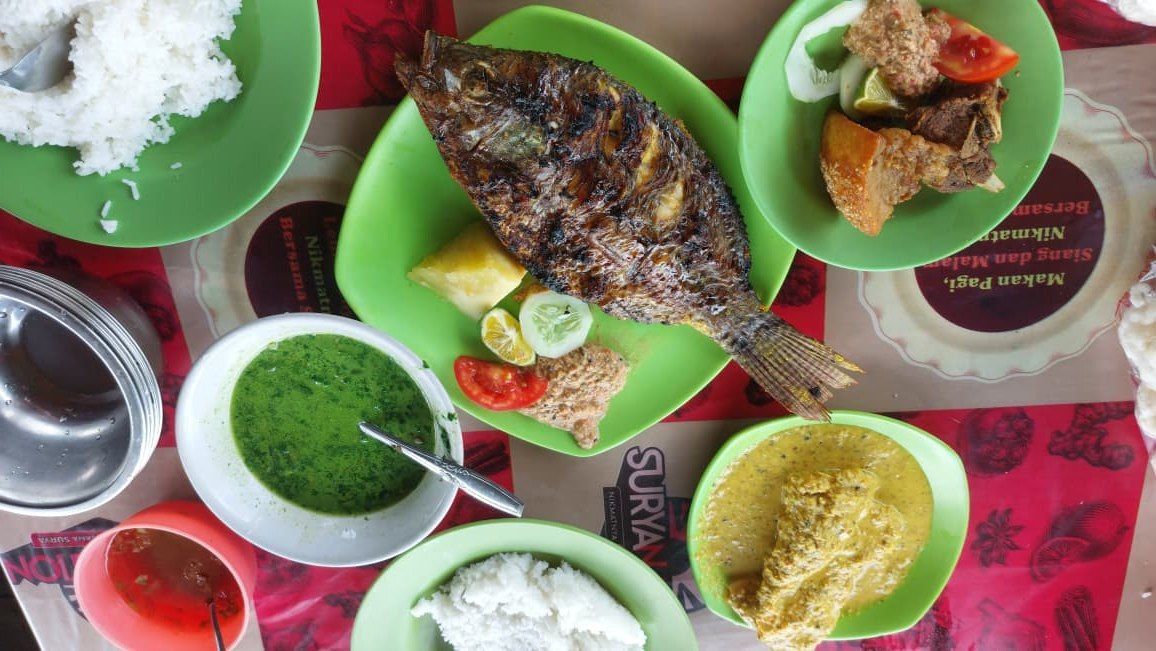Sebastian Coe has claimed female athletes are firmly behind World Athletics' new sex testing programme, even as he admitted the first mass roll-out has faced significant hurdles ahead of next month's World Championships.
The World Athletics president said that more than 90 per cent of women set to compete in Tokyo have already undergone the one-time genetic check, which detects the presence of the SRY gene found on the Y chromosome.
But he conceded the sport is still grappling with legal complications and tight deadlines, particularly in France where DNA testing for non-medical purposes is banned.
'We're working very, very closely with all our member federations to ensure that the majority of our female athletes are tested before the Tokyo Championships,' Coe said. 'The timeframe was tight. We knew that. The athletes are overwhelmingly supportive of this and have been very, very helpful in all this.
'There will be athletes that will be tested even in their holding camps in Tokyo. People have really been incredibly supportive, even when there have been some national frameworks that have added sort of complexity to this. France, of course, has its own national laws.'
The French Athletics Federation revealed it had intended to test competitors at its national championships but was prevented from doing so. 'Such tests are prohibited under the French Bioethics Law enacted in 1994,' the federation said in a statement, adding that it was 'confident in World Athletics' ability to quickly find a solution and to ensure that French athletes can take part in international competitions under the best possible conditions'.
Lord Coe says female athletes are firmly behind World Athletics' new sex testing programme
As a result, some French athletes – along with others whose national federations could not provide the test – have had to arrange swabs at overseas competitions or will be checked at pre-Championship training camps in Japan.
Coe stressed that World Athletics had stepped in to help federations meet the cost and logistics. 'By and large, the process has gone pretty smoothly, but it's not been without its challenges,' he said. 'It's been a very good example of the sport coming together and really good close cooperation.'
World Athletics is contributing around $100 (£74) per test and providing practical support to ensure athletes comply before the championships, which begin on September 13.
The introduction of the SRY test marks the first time a major sport has mandated biological sex checks for female competition in decades. A negative result for the Y chromosome confirms eligibility for the women's category. The procedure can be carried out with a cheek swab or dried blood test and only needs to be completed once in an athlete's career.
Coe claimed the programme is vital for protecting women's sport. 'The objective was always to have those athletes tested,' he said. 'The athletes are overwhelmingly supportive of this and have been very helpful in all this. The member federations have been very supportive and we needed to establish the most effective test.'
The policy follows a series of controversial eligibility rules in recent years. Transgender athletes were banned from the female category in 2023, while those with differences in sex development – including double Olympic champion Caster Semenya – have previously been required to lower testosterone levels to compete.
Athletics is not alone in adopting genetic testing. World Boxing approved mandatory SRY checks earlier this year for competitors in women's divisions, with the World Boxing Championships in Liverpool next week set to be the first major event under the new rules.
That tournament will again draw attention to Olympic champion Imane Khelif, who was at the centre of a gender-eligibility row during the Paris Games last year.
Imane Khelif was at the centre of a gender-eligibility row during her Olympic triumph in Paris
Algerian Khelif will not compete in Liverpool, but her case continues to symbolise the fierce debate over testing criteria in women's sport.
She and China's Lin Yu-ting were both disqualified from the 2023 World Championships amid controversy over gender rules, though neither athlete's medical details were ever formally disclosed by the now-disgraced International Boxing Association.
The International Olympic Committee has long resisted reintroducing chromosome-based sex testing, having abandoned 'certificates of femininity' in 2000 after criticism that the process was unscientific and invasive.
But new IOC president Kirsty Coventry has left the door open, saying she will work towards a 'cohesive' framework that safeguards female competition.

 6 months ago
89
6 months ago
89

















































